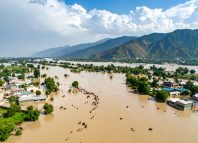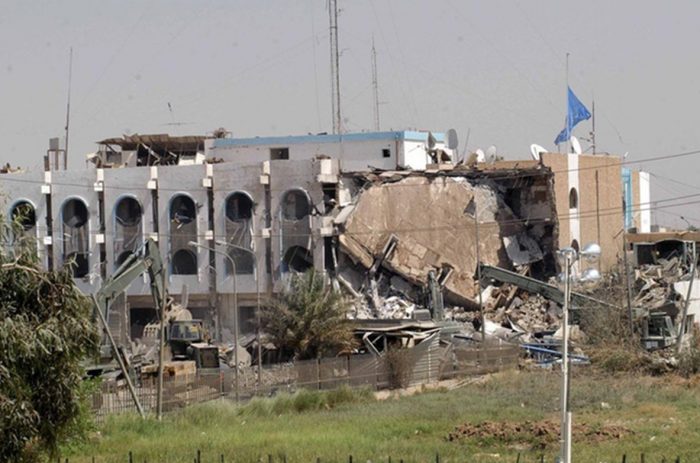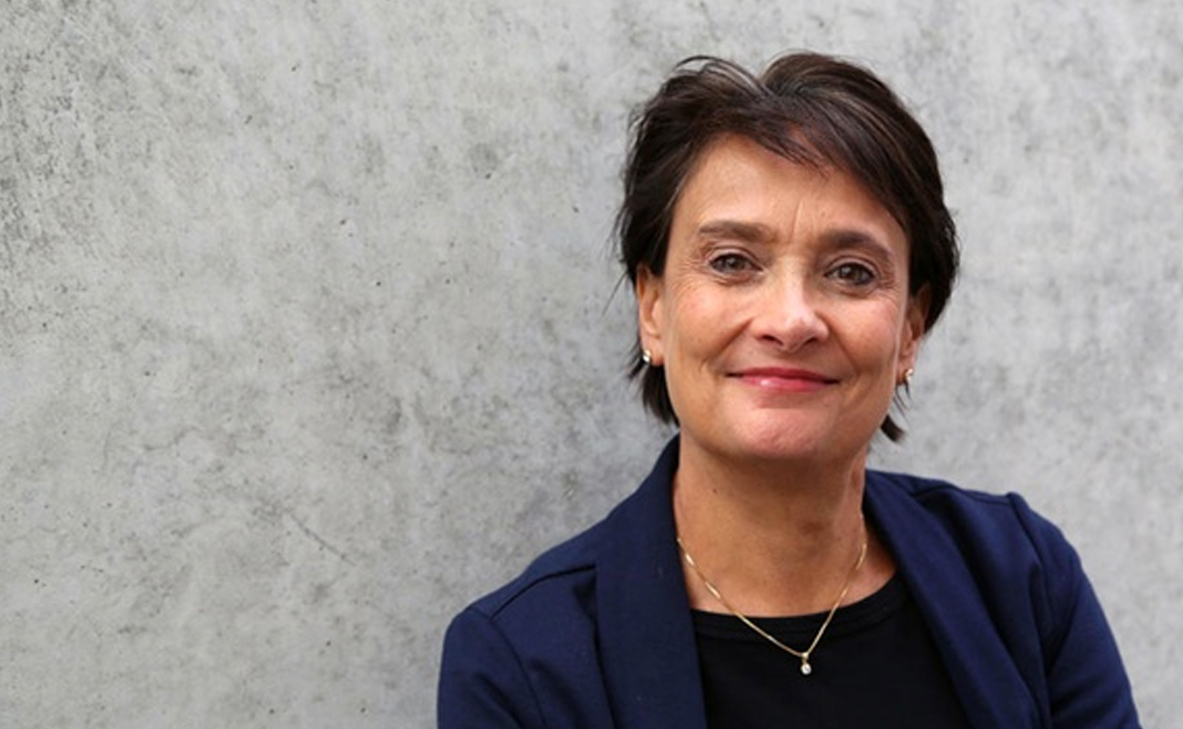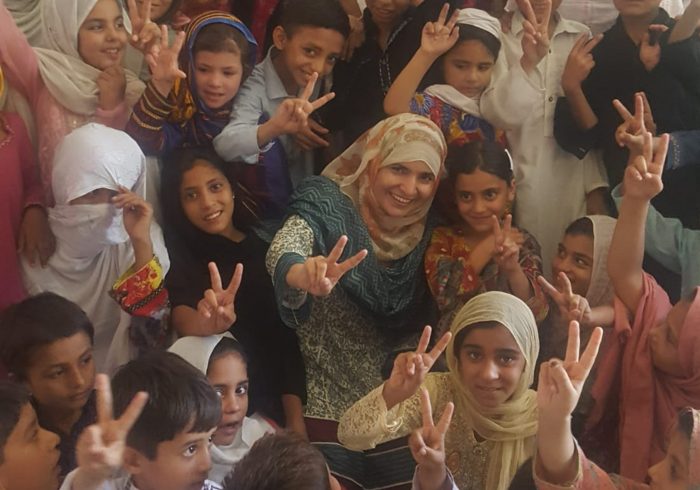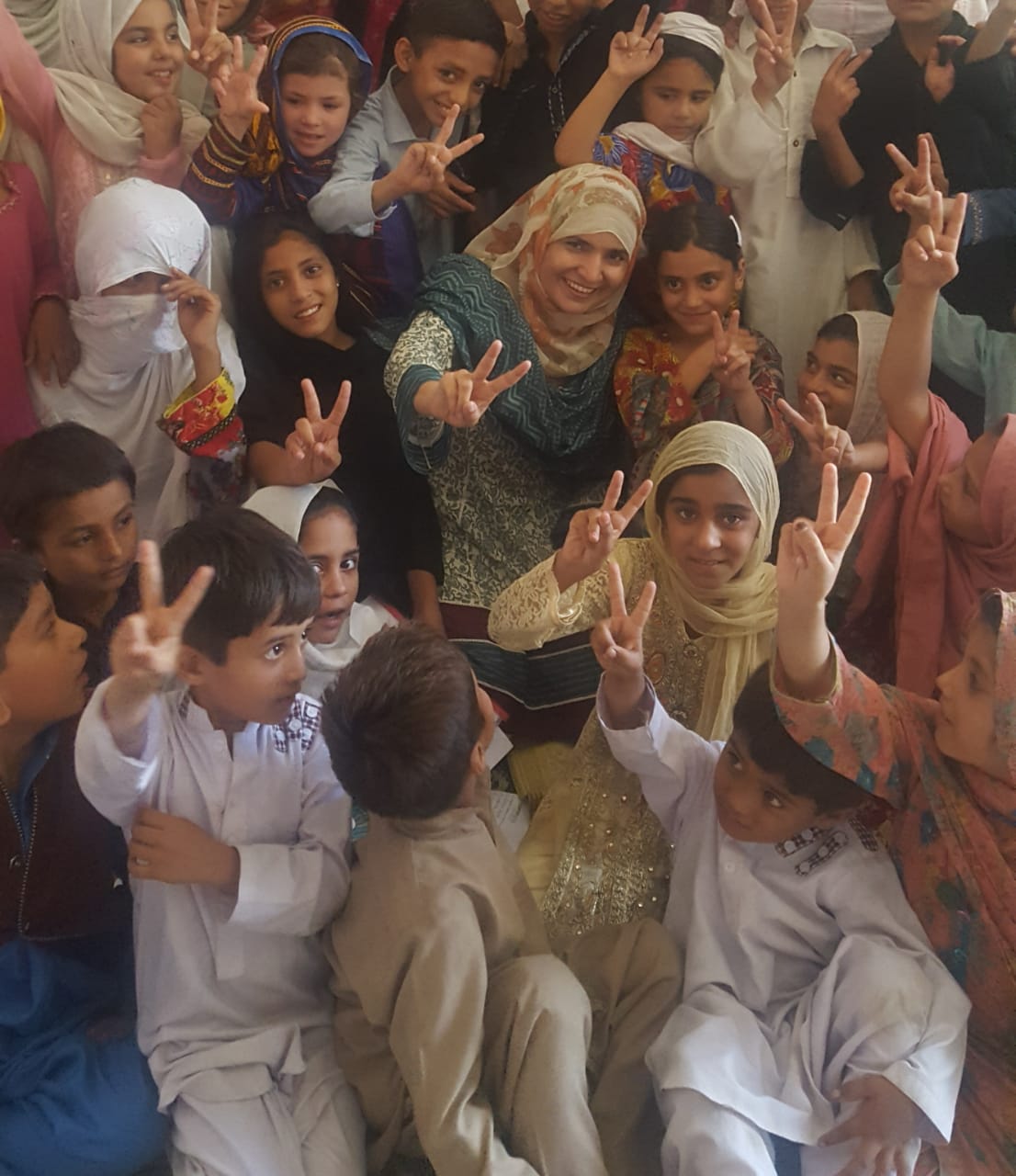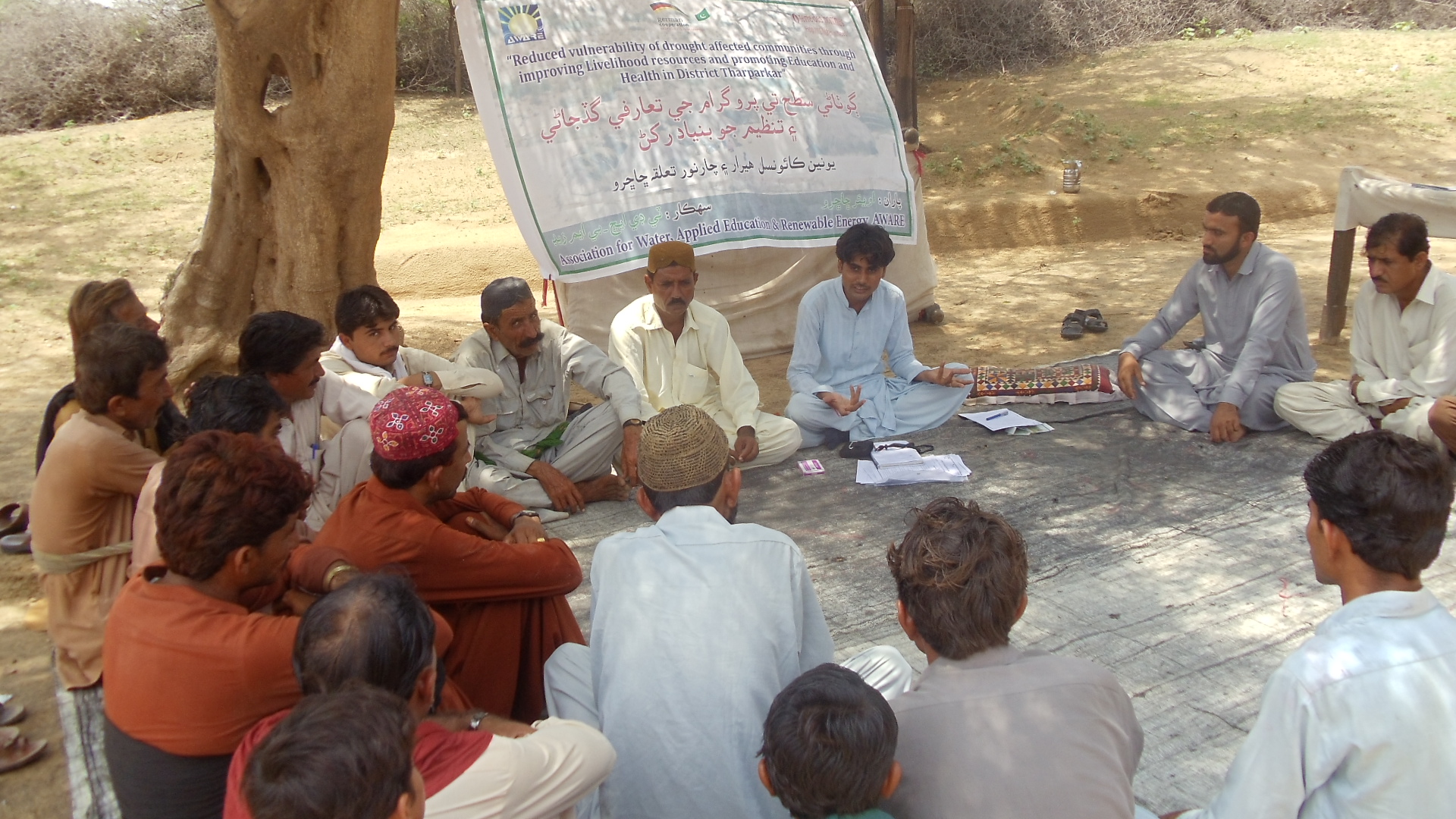August 19 marks World Humanitarian Day. First celebrated 10 years ago in 2009, the day was inspired, if that is the right word, by the tragic deaths of 22 aid workers in Baghdad in 2003, when a suicide bomber attacked the UN compound there.
I remember that day 16 years ago. Many journalists, myself among them, had been looking at post-Saddam Iraq, at the ambitious task undertaken by the UN to support the country towards a new future, and considering that this could make a good story. My own trip, together with two Swiss journalists, was at the planning stage.
Those plans came to an abrupt end that day, as aid workers and journalists alike began to look hard at what seemed to be a harsh new reality of working in conflict zones.
one aid worker told me.It’s not just being caught in the crossfire,
We have actually become targets.
In Geneva, that new reality exacerbated the grief at the loss of so many colleagues. Dr David Nabarro, then working with the World Health Organization, arrived back from Iraq still with the dust and blood of the bombing on his clothes. He told of trying to treat the wounded, while knowing some of his friends remained trapped inside the bombed UN headquarters.
he reflected later,I realised,
that my life would never be the same.
Shrinking space, more deaths
Moving tributes are paid every year to those who died in Baghdad, and World Humanitarian Dayexternal link tries, with a new theme each year, to draw attention to the role of humanitarian workers, and the need for them to operate safely.
And yet, the attacks, the abductions, the killings continue. In fact, they appear to be rising. In 2018 there were more than 400 acts of violence against aid workers, and 131 deaths. From South Sudan, to the Ebola-afflicted Democratic Republic of Congo, to Syria, to Yemen, to Afghanistan, aid workers are risking their lives to save lives.
But somehow, the tangible help they bring, their much-stated policies of remaining completely impartial and of helping the most vulnerable, do not seem to ensure the respect and protection aid workers need to do their jobs safely.
Focus on local
And so this year the UN and aid agencies are looking at ways to promote greater safety, and greater respect. A key focus from the Red Cross is on local volunteers. The Red Cross has 191 national societies, made up of thousands of people who, when disaster or conflict strikes their community, are the first to respond.
explains Jemilah Mahmood, Undersecretary General at the International Federation of Red Cross and Red Crescent Societies (IFRC)external link.It is {primarily} local aid workers who are being killed in the line of duty,
Often our volunteers are also the breadwinners in their families.
Too often, however, attacks on and deaths of local humanitarian workers get little attention, at least compared to the headlines that tend to accompany the killing of an international aid worker.
What’s more, the safety training, and even the insurance against death or invalidity for local aid workers is often very inferior to that provided to international staff.
The Red Cross is pushing for fairer treatment for local volunteers, negotiating an insurance scheme, and encouraging more safety training.
says Jemilah Mahmood.We want to ensure that people on the ground, local volunteers, get what is afforded to international workers,
It is the responsible and ethical thing to do, it’s not an add-on.

